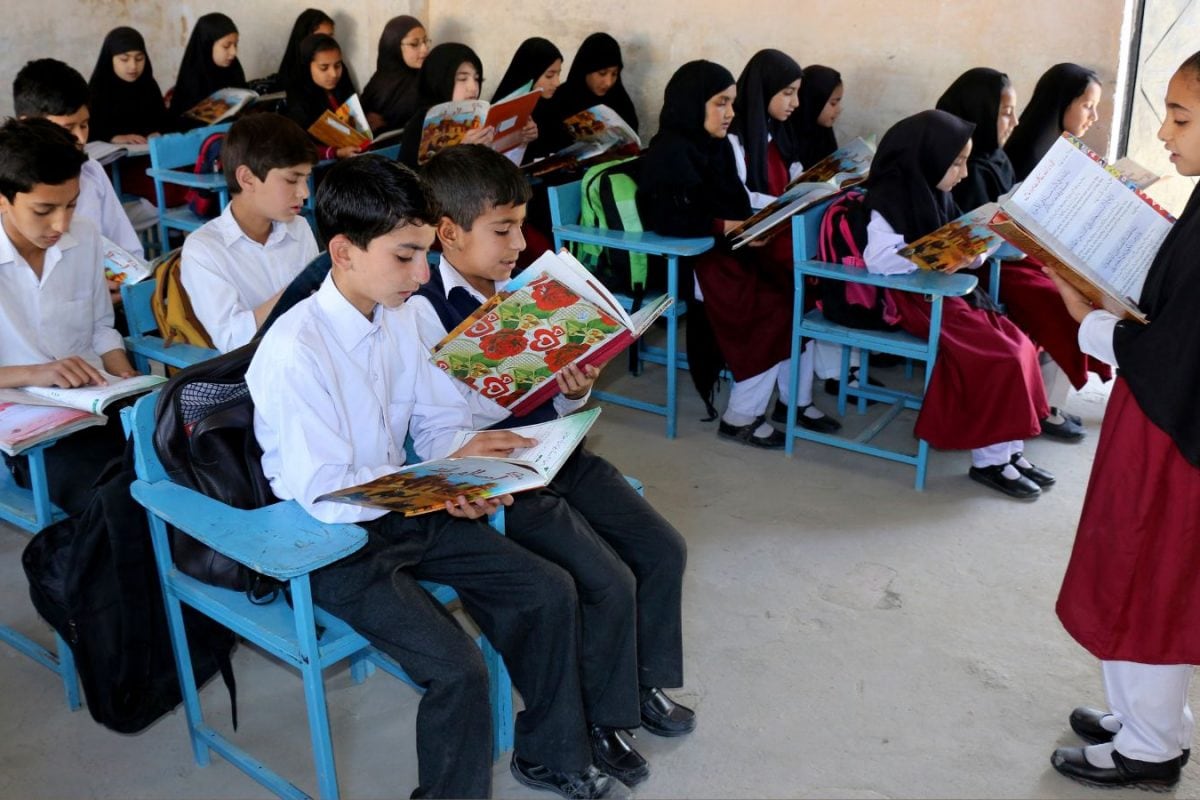A federal judge ordered Tuesday that a restraining order preventing the government from deleting records of two Montana State University international students be extended another two weeks while he decides whether to issue a preliminary injunction. These proceedings are not unique, as the Trump Administration has embarked on nationwide efforts to get noncitizens to self-deport. As of April 24, over 1,800 students had their international student status revoked.
These records were restored as of April 25, but it's unclear whether that restoration will last, as the administration has provided no details on what its plan is for international students going forward. On April 10, two international students at MSU, known as John Roe and Jane Doe in court records, were told by MSU that the Department of Homeland Security had terminated their Student and Exchange Visitor Information System records, which serve as the government database of international students. Without those SEVIS records, MSU is unable to let the student attend classes or work on campus, which was the only employment legally available to them.

The DHS website stated anyone with revoked SEVIS records had to leave the country, so MSU relayed that to the students. Alex Rate, legal director of the ACLU of Montana, represented two MSU international students in federal court after the Department of Homeland Security terminated their SEVIS records. A federal judge ordered Tuesday that his restraining order preventing the government from deleting the records of two MSU international students be extended another two weeks while he decides whether or not to issue a preliminary injunction.
The two students, represented by ACLU, filed a federal court complaint on April 14, and Judge Dana Christensen issued a temporary restraining order, which meant that the government had to restore the status quo until Tuesday’s hearing. Soon after, in response to a flood of similar lawsuits across the country from many international students who had their status revoked, DHS said it was coming up with a new policy, and reinstated SEVIS records until that happens. But even the attorney representing the government at Tuesday’s hearing had no idea what that new policy could entail.
“It’s just so unclear to me when any new policy will be implemented,” Christensen said. “At the risk of understatement, the defense’s approach to these particular issues is an ever-changing landscape.” Alex Rate, legal director of the ACLU of Montana, argued on behalf of the plaintiffs in Missoula's federal courthouse that, even though SEVIS records were reinstated, the judge should still extend the temporary restraining order into a preliminary injunction, which would preserve the status quo until the lawsuit is resolved.
Rate said without a court order, DHS and ICE could easily reverse the SEVIS reinstatement. “This administration’s actions have created an atmosphere of chaos and confusion, not just for our clients, but for international students across the country,” Rate said. Roe was eight months away from finishing his doctoral degree in electrical engineering and particle physics at the time of the SEVIS revocation, while Doe was slated to graduate May 8 with a degree in microbiology.
Rate said that the government initially said that there was no harm to the SEVIS revocation because they could transfer their credits. "It ignores the reality," Rate said. "[Roe] relies on a specific instrument that only exists at MSU.
..transferring credits at this stage of [Doe's] academic career would simply not be possible.
" At no point in the hearing did the government’s attorney, John Newman, attempt to justify the original termination of SEVIS records. Instead, Newman primarily argued that there were paths other than a lawsuit that the plaintiffs should have taken. Christensen, like most judges ruling on similar cases nationwide, rejected this interpretation.
Christensen’s ruling means that, for the next two weeks, the government can’t terminate the plaintiffs' student status, arrest them without a proper process or deport them. Because of his first restraining order, the students have been able to return to work and school, though Rate said they now live in fear of leaving their homes. Over the next two weeks, Christensen will decide whether to grant a preliminary injunction, which would extend those conditions until a decision is made in the case.
“Today’s order from the bench provides our clients the certainty they need for the interim period,” Rate told the Missoulian. “But given the unpredictable actions undertaken by the Trump administration, the only long-term certainty our clients can get is from this court.”.
Health

Judge extends restraining order protecting the records of two international MSU students

ICE and DHS will be barred from deleting the students' records or deporting them until Judge Dana Christensen has had a chance to deliberate on whether to issue an injunction.















